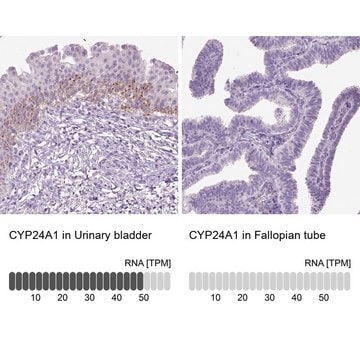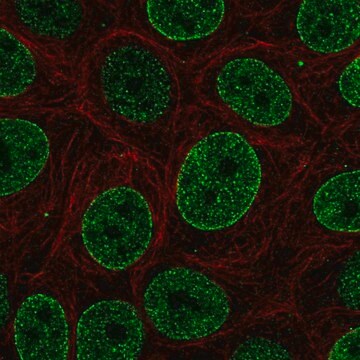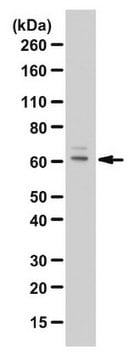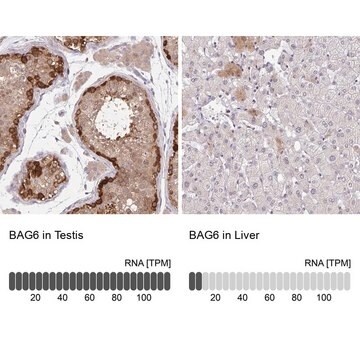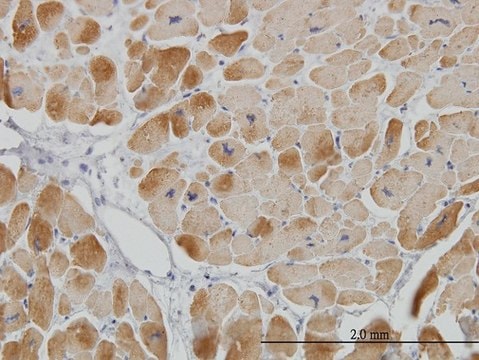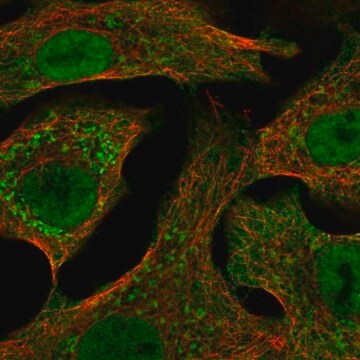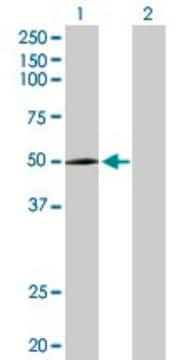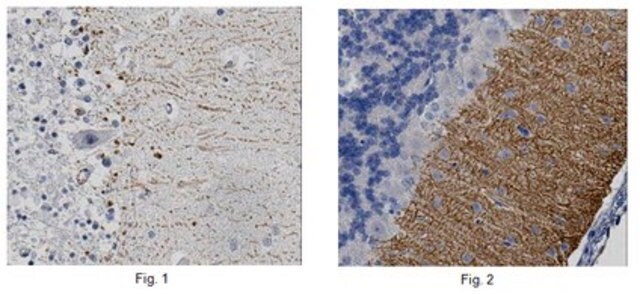WH0001591M7
Monoclonal Anti-CYP24A1 antibody produced in mouse
clone 1F8, purified immunoglobulin, buffered aqueous solution
Synonym(s):
Anti-CP24, Anti-CYP24, Anti-MGC126273, Anti-MGC126274, Anti-P450CC24, Anti-cytochrome P450, family 24, subfamily A, polypeptide 1
About This Item
Recommended Products
biological source
mouse
conjugate
unconjugated
antibody form
purified immunoglobulin
antibody product type
primary antibodies
clone
1F8, monoclonal
form
buffered aqueous solution
species reactivity
human
technique(s)
ELISA: suitable
capture ELISA: suitable
western blot: 1-5 μg/mL
isotype
IgG2aκ
GenBank accession no.
UniProt accession no.
shipped in
dry ice
storage temp.
−20°C
target post-translational modification
unmodified
Gene Information
human ... CYP24A1(1591)
Related Categories
General description
Immunogen
Sequence
LMLNTQVLGSSEDNFEDSSQFRPERWLQEKEKINPFAHLPFGVGKRMCIGRRLAELQLHLALCWIVRKYDIQATDNEPVEMLHSGTLVPSRELPIAFCQR
Biochem/physiol Actions
Physical form
Legal Information
Disclaimer
Not finding the right product?
Try our Product Selector Tool.
Storage Class Code
10 - Combustible liquids
Flash Point(F)
Not applicable
Flash Point(C)
Not applicable
Personal Protective Equipment
Certificates of Analysis (COA)
Search for Certificates of Analysis (COA) by entering the products Lot/Batch Number. Lot and Batch Numbers can be found on a product’s label following the words ‘Lot’ or ‘Batch’.
Already Own This Product?
Find documentation for the products that you have recently purchased in the Document Library.
Articles
Phase I biotransformation reactions increase drug compound polarity, mainly occurring in hepatic circulation.
Phase I biotransformation reactions increase drug compound polarity, mainly occurring in hepatic circulation.
Phase I biotransformation reactions increase drug compound polarity, mainly occurring in hepatic circulation.
Phase I biotransformation reactions increase drug compound polarity, mainly occurring in hepatic circulation.
Our team of scientists has experience in all areas of research including Life Science, Material Science, Chemical Synthesis, Chromatography, Analytical and many others.
Contact Technical Service